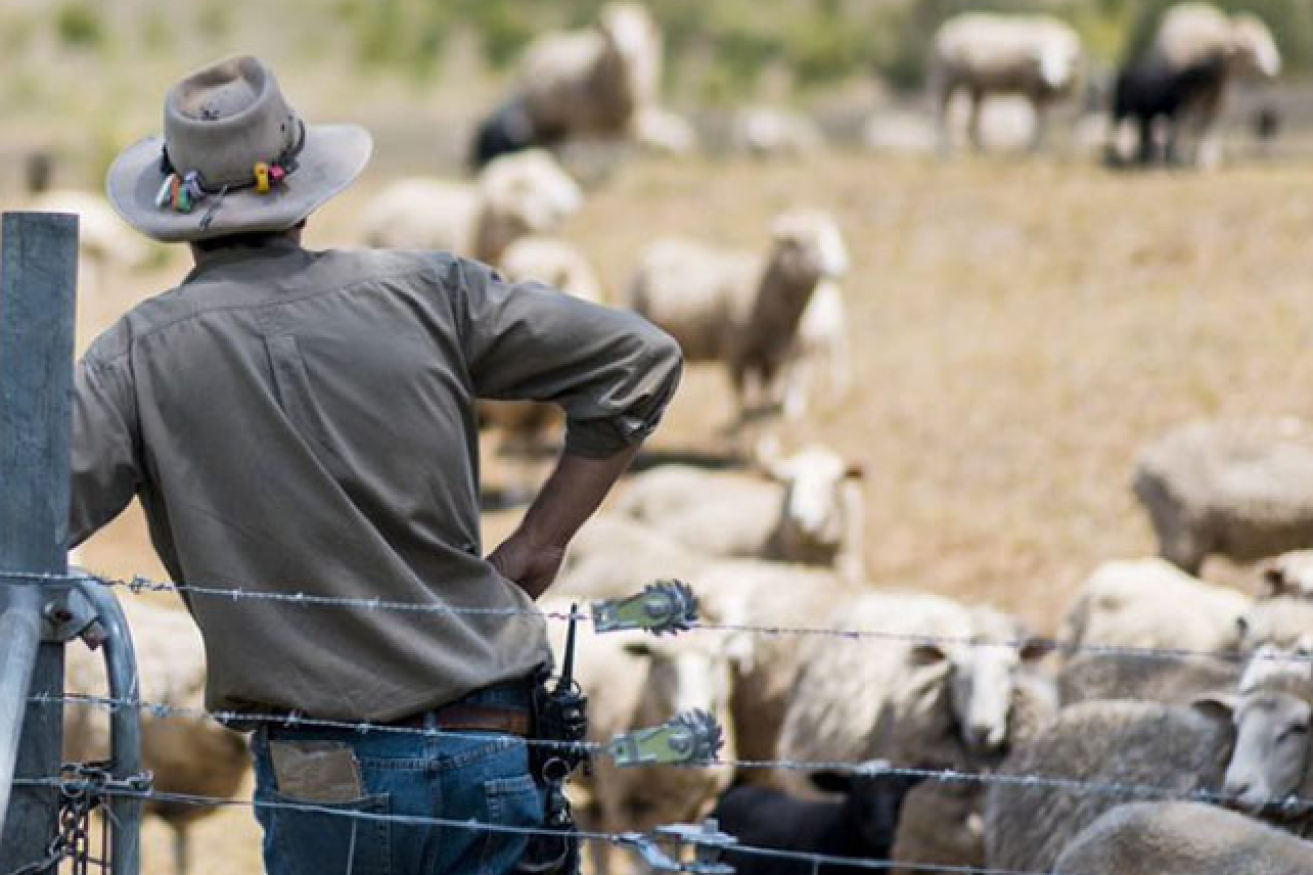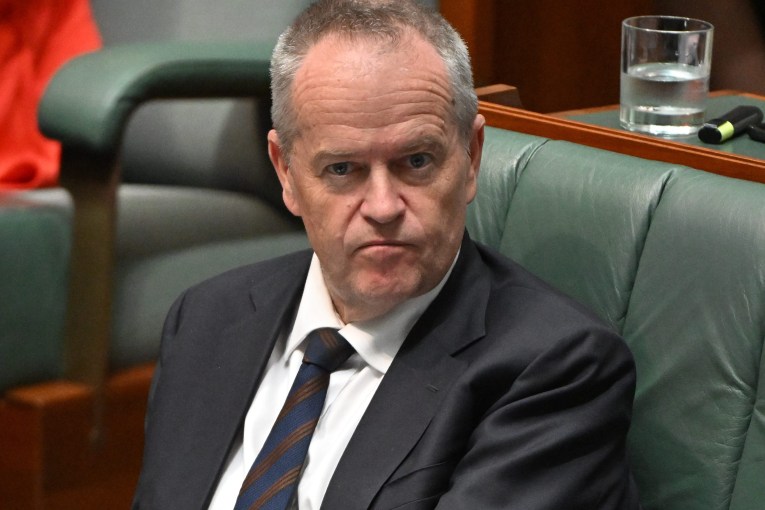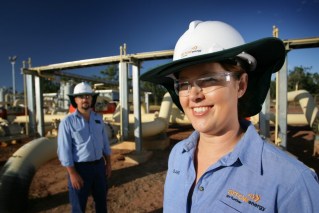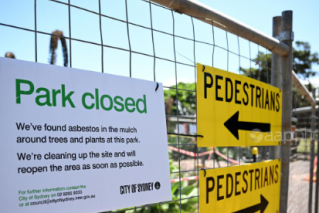Hold on tight: Australian farm land staying in local hands like never before
Australian farmland is more tightly held than it has been for a generation and prospective buyers are carefully reassessing purchasing decisions, according to a new report.

Farming and mining sectors were likely to clash of carbon credits. (Pic: Carbon Farming Foundation)
The Rural Bank Australian Farmland Values Report is the longest-running analysis of the farmland market in Australia and has tracked every sale annually for almost three decades.
The report found the number of farmland transactions was down to its lowest level in 28 years, while sales were 40 per cent lower than a year earlier.
“Farmland transaction volumes are the lowest in a generation as potential vendors sit tight and more caution is exercised by purchasers weighing up their options,” Greg Kuchel from Rural Bank said.
Mr Kuchel said there has been a drop in demand for grazing properties with the price of sheep and cattle falling, although demand remains high for good cropping land following strong results.
“While the overall national trend was a lack of growth in land values, median price growth in cropping regions generally kept pace with recent years as demand was sustained into early 2023 following another strong winter crop in 2022, with median values increasing in SA, Western Australia and NSW.”
The median price of farmland in the first half of 2023 was only 0.1 per cent higher compared with a year earlier but a state-by-state breakdown tells a different story.
Western Australia, New South Wales and South Australia had the strongest year-on-year growth in the first half of 2023, with prices in the West and NSW increasing by around 15 per cent. SA recorded a bump of around 13 per cent.
While the median price in Tasmania fell by almost a quarter, the drop-off was largely confined to the northern region.
Mr Kuchel says the result is a combination of falling commodity prices, drier forecast conditions and the prevailing view that interest rates may hold around current levels.
Australian farmers and other agricultural stakeholders will meet to thrash out how the industry and government can take a more uniform approach to meeting their goals.
Around 100 delegates including farmers, departmental representatives and academics will gather on Tuesday for the Australian Farm Institute’s roundtable in Canberra to look at the industry’s challenges and opportunities.
“The roundtable is a chance for all the participants to look at the why, what and how we improve processes, and think about better coordination and connectivity between all the strategies,” Richard Heath from the Australian Farm Institute said.
A pamphlet promoting the event describes the group of strategies for Australian agricultural as “a confusion”.
Mr Heath said the approach has been too piecemeal in the past with too many strategies from different groups.
“There’s multiple different strategies which are all referencing agricultural production or working towards agricultural productivity in some way,” he said.
He cited numerous examples, from the National Farmers Federation 2030 roadmap, to the strategies of the 15 Rural Research and Development Corporations, as well as the aims of the different state and territory governments.
“It’s not that any one of those plans are deficient in their own right, they all address really significant issues and really important problems, but they all work into the same space.”
“For them not to be really well connected and referencing each other and thinking about a holistic outcome that they’re all striving towards, there’s the potential for them to be competitive,” Mr Heath said.
Australia’s agriculture minister Murray Watt, who will open the meeting, will outline how the government intends to improve sustainability across the farming sector.
The federal government has committed $302 million to create the Climate-Smart Agriculture Program.
Senator Watt will detail how funding will be rolled out including programs to improve soil quality, investments in practical on the ground projects and a new network of facilitators to help farmers improve sustainability.
And there is some work to do on the international stage according to the special representative for Australian Agriculture Su McCluskey.
Last week she warned an agricultural food summit that Australia doesn’t have a great reputation internationally when it comes to sustainability.
“We have a reputation for having really safe, reliable produce, we’re known for having a very strong biosecurity regime, what we don’t have is a great reputation for sustainability,” she told the Digital Agrifood summit.
“The concern that I am actually seeing when I’m in overseas markets is if we don’t actually keep moving, keep making sure that we are improving what we’re doing, we’re going to be left behind.”












